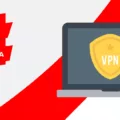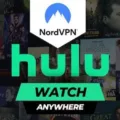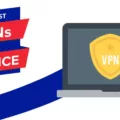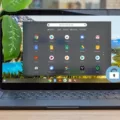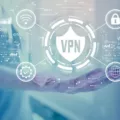Do you need to access blocked websites while at school? Are you looking for a secure way to protect your online activities while on the school network? If so, then a Virtual Private Network (VPN) is your best bet.
A VPN is an essential tool for students and teachers alike who need to access blocked content, protect their online privacy, or bypass the restrictions imposed by their school network. A VPN allows you to securely connect to another network, such as the Internet, without compromising your security or revealing your true identity.
By connecting to a secure server located outside of your school’s network, you can access any website and content that may otherwise be blocked from view. Additionally, since all of your data is encrypted and routed through a remote server, no one will be able to snoop on what you’re doing online. This makes it ideal for those who want to stay safe when using public Wi-Fi networks or engaging in activities such as streaming movies or downloading music.
When it comes to finding the right VPN for school, there are several factors that should be taken into consideration. The most important factor is reliability and security; make sure that the provider you choose has a solid reputation and offers top-notch encryption protocols. Furthermore, it should have multiple server locations so that you can easily switch between them as needed. Finally, make sure that the service has no bandwidth limits so that you can enjoy unrestricted access at all times.
Overall, a fast and reliable VPN is essential for anyone who wants to stay secure while accessing content at school. With its top-notch security features and easy setup process, a Virtual Private Network is an invaluable tool for students who need unrestricted access to their school network.
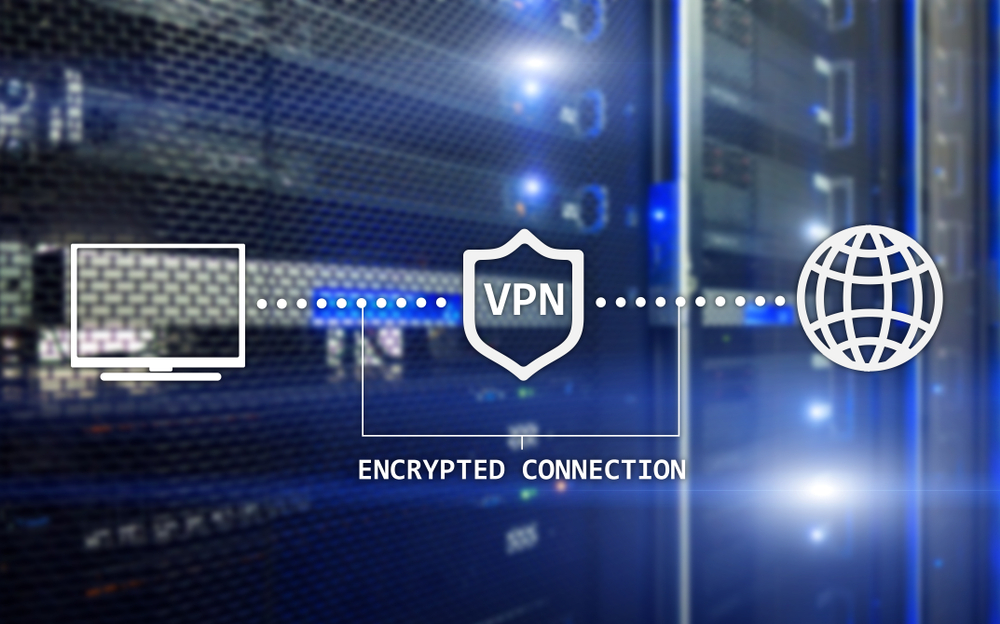
Using a VPN at School
Using a VPN (a virtual private network) is an effective way to protect yourself and your data while using public Wi-Fi networks, such as those found in schools and colleges. A VPN creates a secure tunnel between your device and the internet, so your data is encrypted and safely out of reach from potential attackers.
When choosing a VPN for school, it’s important to consider features like fast speeds, strong encryption protocols, reliable apps with user-friendly interfaces, and no-logging policies. Here are some of the best VPNs for school:
NordVPN: Our top pick for school Wi-Fi networks. It offers robust security features like military-grade encryption, a strict no-logging policy, DNS leak protection, and a kill switch. NordVPN also has fast speeds, allowing you to stream video or audio without any buffering.
Surfshark: This budget-friendly option is great for students who want quality security at an affordable price. It provides strong encryption and reliable apps that are easy to use on any device. Additionally, Surfshark has unlimited simultaneous connections so you can stay protected on all your devices at once.
ExpressVPN: If privacy is your priority when using school Wi-Fi networks then ExpressVPN is a great option due to its solid privacy features like no usage logs on your activities, strong 256-bit AES encryption protocol, and a Smart DNS feature that helps hide your location from potential snoops. It also has lightning-fast speeds for streaming video or audio without any buffering issues.
CyberGhost: This low-cost provider is good for beginners because it’s easy to set up and use on any device without any technical knowledge required. CyberGhost also protects you with bank-grade encryption protocols and keeps zero logs of your activities online so you can be sure that all your data remains private while using school Wi-Fi networks.
Finding a VPN That Is Unblocked at School
The best VPNs that are unblocked at school are ExpressVPN, ProtonVPN, and Hide.me. All three of these providers offer excellent performance, unblocking capabilities, and security. Not only that but ProtonVPN and Hide.me are completely free to use for 30 days. ExpressVPN also offers a 30-day trial but does require payment information to sign up. These three VPNs will help you access blocked websites and services at school with ease.
Does a VPN Work in a School Setting?
Yes, a VPN can work at school. A Virtual Private Network (VPN) creates a secure connection between your device and the internet, allowing you to access the web privately and securely. By using a VPN, you can unblock restricted content at school and access websites that may be blocked by your school’s network. It also encrypts your data so any information you send or receive is kept safe from prying eyes. Additionally, it hides your IP address so that your identity remains anonymous while browsing. With a VPN, you can bypass censorship and geo-restrictions to access any content of your choice.
Free VPN Options for Students
ProtonVPN is an excellent free VPN for students. It is the only free service that does not place a bandwidth limit on users and provides secure, reliable, and private browsing. Although ProtonVPN only offers three server locations, it is still an ideal option for students looking to browse the web without any limitations or restrictions. ProtonVPN also offers advanced features such as kill switch protection and a strict no-logs policy, which makes it even more secure and reliable. While using ProtonVPN, you can access any website or streaming platform without worrying about your data being exposed or tracked.
Why My VPN Does Not Work at School
The most likely reason why your VPN isn’t working at school is that the school has blocked access to it. Schools usually block VPNs in order to keep the network bandwidth in check and ensure that the internet is used for highly-relevant purposes only. Additionally, many schools have implemented security measures that prevent users from using certain applications or services on a unique port, which can also lead to VPNs being blocked. If you’re still having trouble getting your VPN to work at school, you may need to contact your school’s IT department and ask them what restrictions they have put in place regarding VPNs.
Bypassing School Restrictions
If your school is blocking certain sites, there are a few ways to bypass the restrictions.
One way is to use a Virtual Private Network (VPN). A VPN changes your IP address, making it appear as if you’re accessing the internet from another country or location. This can be used to bypass school restrictions and access websites that would otherwise be blocked. It also encrypts your data and makes it harder for your school to monitor what you’re doing online.
You can also use a proxy server. A proxy server acts as an intermediary between you and the website you’re trying to access, masking your IP address and allowing you to bypass the restrictions. However, be aware that some proxies may be monitored by the school, so make sure you choose one that has a good reputation for security.
Finally, another option is to use Tor (The Onion Router). Tor is an open-source network of virtual tunnels that allows users to anonymously browse the web without being tracked or monitored. It is also effective at bypassing school restrictions since it masks your IP address and encrypts all of your data.
Conclusion
In conclusion, a VPN is an important tool for any student looking to stay secure online while connected to school Wi-Fi networks. VPNs provide the ability to not only unblock restricted websites but also protect your data and browsing activities from prying eyes. This makes them invaluable to students who are concerned about their online privacy and security. ProtonVPN and Hide.me are two excellent choices for free VPNs that provide a solid level of protection without any data or bandwidth limits. However, if you’re looking for more features, such as unlimited bandwidth and access to more server locations, then we highly recommend investing in a premium VPN such as ExpressVPN. No matter what your needs are, there is sure to be a VPN that meets them!








